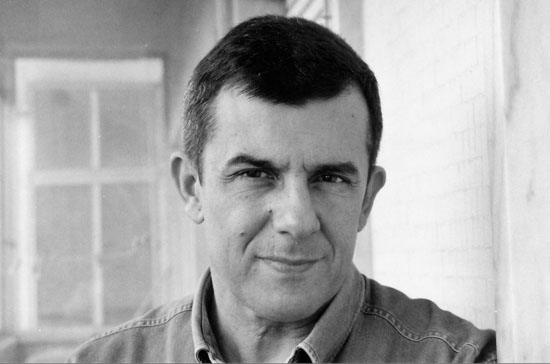The Minister of Culture regretted this Sunday, March 20, the death of Algarve's Gastão Cruz, remembering him as an «undisputed figure of contemporary Portuguese poetry and one of its great renovators, both as an author and as a literary critic».
In a note of regret, Graça Fonseca says that «today Portuguese culture has lost an author who, above all, had a profound passion for literary expression, creating, working and disseminating our literature with an inestimable commitment».
natural of Faro and graduated in Germanic Philology from the Faculty of Arts of the University of Lisbon, Gastão Cruz, who died this Sunday, began his journey through Portuguese poetry at a very young age, collaborating with various newspapers and magazines.
«It is worth mentioning, at this stage, his collaboration with “Cadernos do Meio-Dia” (1958-1960), the emblematic publication of poetry, criticism and essay directed by António Ramos Rosa and Casimiro de Brito, which anticipated the new trends that would mark Portuguese poetry in the following decade», recalls Graça Fonseca.
Later, together with Casimiro de Brito, Fiama Hasse Pais Brandão, Luiza Neto Jorge and Maria Teresa Horta, he participated in the volume “Poesia 61”, a collective work that launched these authors as the new voices of Portuguese poetry in the seventies.
The Minister of Culture recalls how the «poetic work of Gastão Cruz at this time, as well as his critical and essay texts, were fundamental for a lively and fertile moment of cleavage in Portuguese poetry, which marked this generation and profoundly influenced the debate on poetry, both among those who followed him and among those who, on the other hand, sought to follow other paths».
In his poems, as well as in his essays and critical texts, Gastão Cruz «defended a refined poetry, less discursive and more focused on the emotional charge of words and on the expressive density of language, but not oblivious to the conditions of the time of his writing. ».
«While it is true that, throughout his poetic work, these characteristics, so markedly his in his first works, gradually faded, the poetry of Gastão Cruz always revealed a rigorous, refined and attentive formal work to the history of Portuguese poetry, which he knew like few. An example of his unique and complex vision of Portuguese poetry is his collection of essay texts entitled “A Poesia Portuguesa Hoje” (1973), a book that still stands today as a landmark for understanding national poetic production between the 60s and 70s», says Graça Fonseca.
The work of Gastão Cruz was widely recognized and awarded, having received some of the most important national prizes, such as the D. Dinis o Grande Prize, the Poetry Prize of the Portuguese Association of Writers or the PEN Clube Português de Poesia Prize (the latter on three occasions ). He was also awarded the degree of Grand Officer of the Order of Infante D. Henrique and the Medal of Cultural Merit from the Ministry of Culture.
In addition to his work as an author, he was one of the founders of Grupo Teatro Hoje (later fixed to Teatro da Graça), which he directed and for which he staged several plays. He was also director of the Luís Miguel Nava Foundation and of its poetry magazine “Relâmpago”.



















Comments